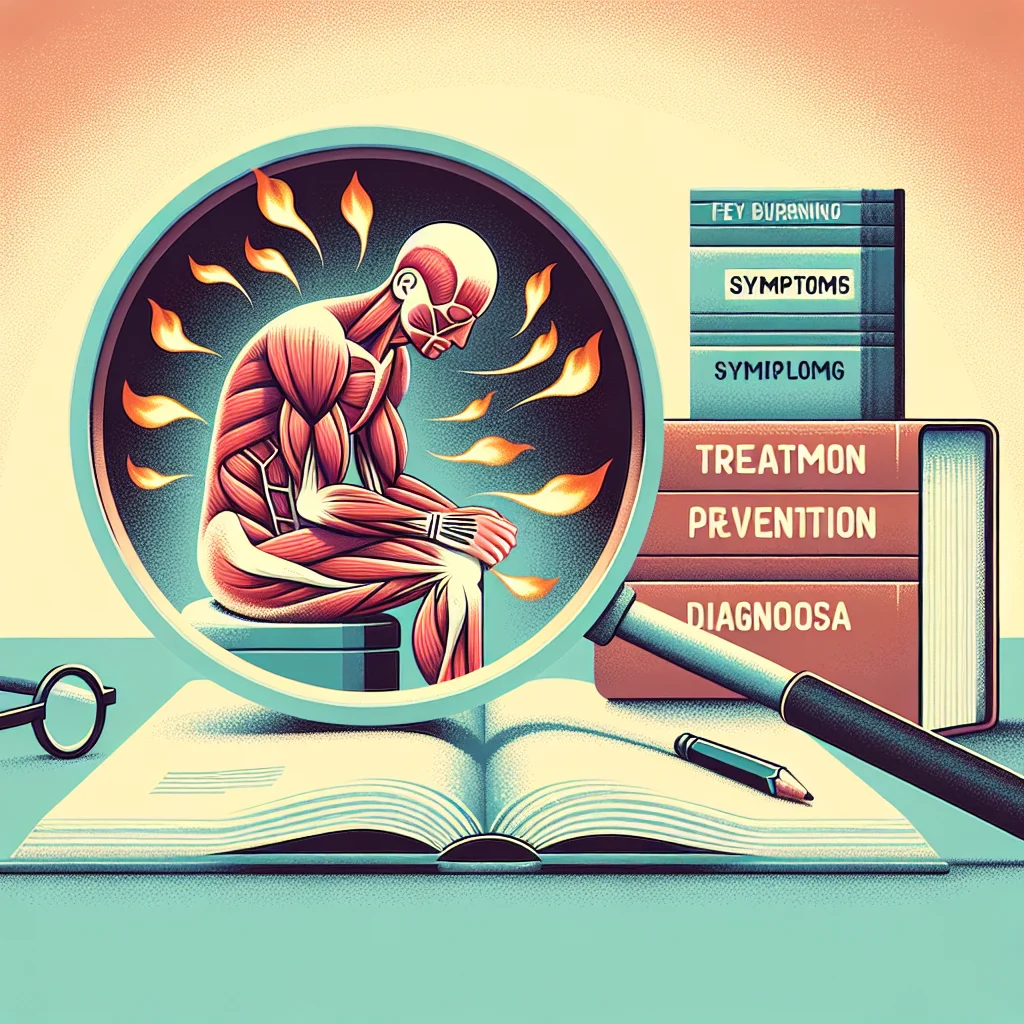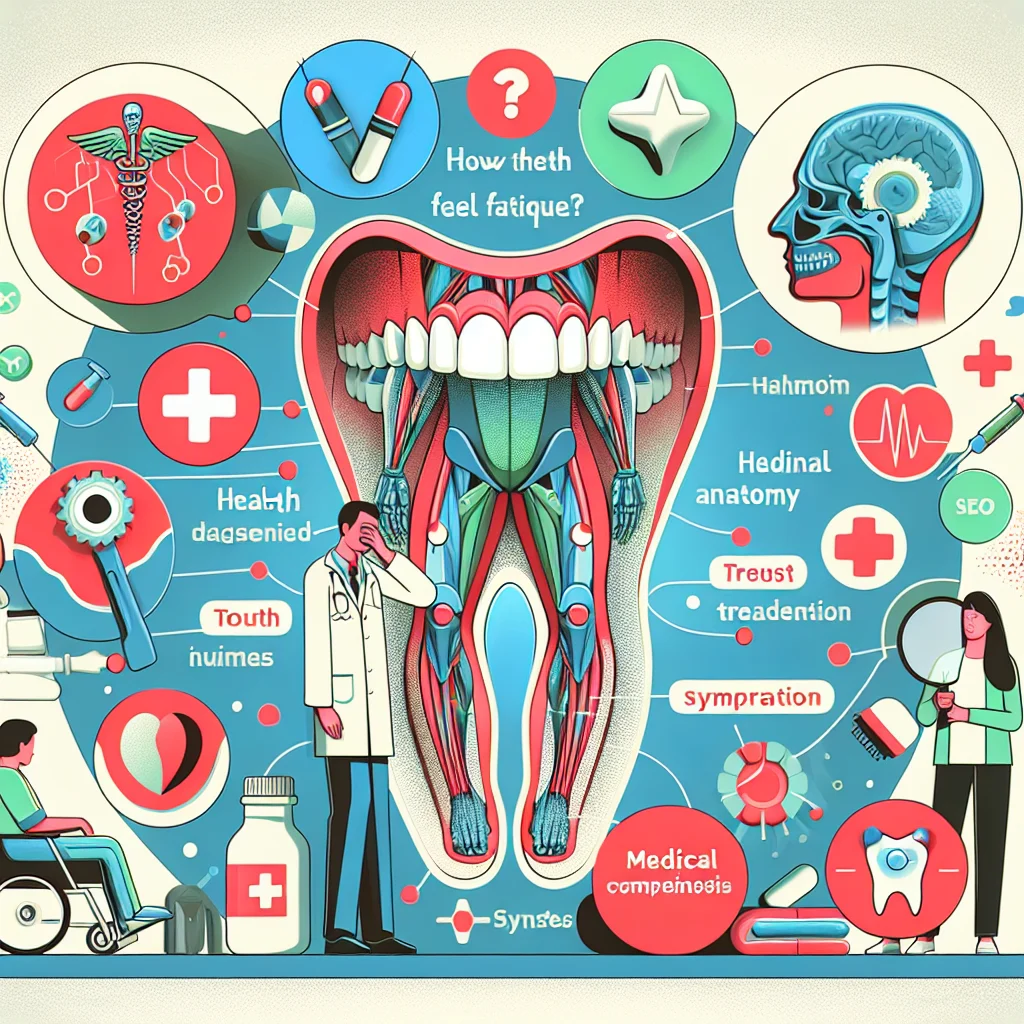
Possible Causes and Medical Insights
Muscle tingling, also known as paresthesia, can be caused by a variety of factors ranging from temporary nerve pressure to underlying medical conditions. Common causes include sitting in one position for too long, pinched nerves, vitamin deficiencies, or even anxiety. Understanding these potential triggers can help you identify why you might be experiencing tingling sensations and whether it is something to monitor closely or discuss with a healthcare provider.
In some cases, muscle tingling may be linked to more serious health issues such as neuropathy, diabetes, or multiple sclerosis. It’s essential to consider any additional symptoms you may be experiencing, such as muscle weakness, numbness, or pain. Medical insight suggests that persistent or unexplained tingling should always be evaluated, as early detection can greatly improve treatment outcomes and help prevent complications.
Symptoms and Risk Factors
The primary symptom to watch for is a noticeable tingling or “pins and needles” sensation in the muscles. This feeling can be intermittent or constant and may be accompanied by numbness, burning, or even mild pain. Individuals experiencing these symptoms should take note of when and where the tingling occurs, as this information can be valuable for medical diagnosis and treatment planning.
Certain risk factors can increase your chances of developing muscle tingling. These include chronic medical conditions such as diabetes, repetitive movement injuries, poor circulation, or a history of nerve compression. If you have recently started a new physical activity or experienced an injury, these factors might also contribute to tingling sensations. Being aware of these risk factors can empower you to take proactive steps for your health and seek timely medical insight if needed.
Diagnosis and When to See a Doctor
Diagnosing the cause of muscle tingling often involves a combination of physical examination, medical history review, and sometimes diagnostic tests such as blood work, nerve conduction studies, or imaging scans. A healthcare provider will assess your symptoms, frequency, and duration of tingling, as well as any associated health issues, to determine the most likely cause and appropriate treatment.
It is important to see a doctor if your muscle tingling is persistent, worsening, or occurs with other symptoms like muscle weakness, severe pain, or difficulty walking. Early diagnosis is crucial for conditions like neuropathy or multiple sclerosis, so do not hesitate to seek medical advice if you have concerns. Prompt evaluation can lead to more effective treatment and better long-term health outcomes.
Prevention and Home Remedies
Preventing muscle tingling often involves maintaining a healthy lifestyle and being mindful of body posture and movement. Regular exercise, stretching, and avoiding prolonged periods in one position can help support nerve and muscle health. Ensuring adequate hydration and balanced nutrition, particularly B vitamins, can also reduce the risk of tingling sensations.
For mild or occasional tingling, home remedies such as gentle massage, warm compresses, or adjusting your sitting or sleeping position may provide relief. However, if you notice frequent or severe tingling, it’s essential to consult a healthcare professional for a full diagnosis and personalized treatment plan. Taking these steps can help you manage symptoms effectively and support overall well-being.














